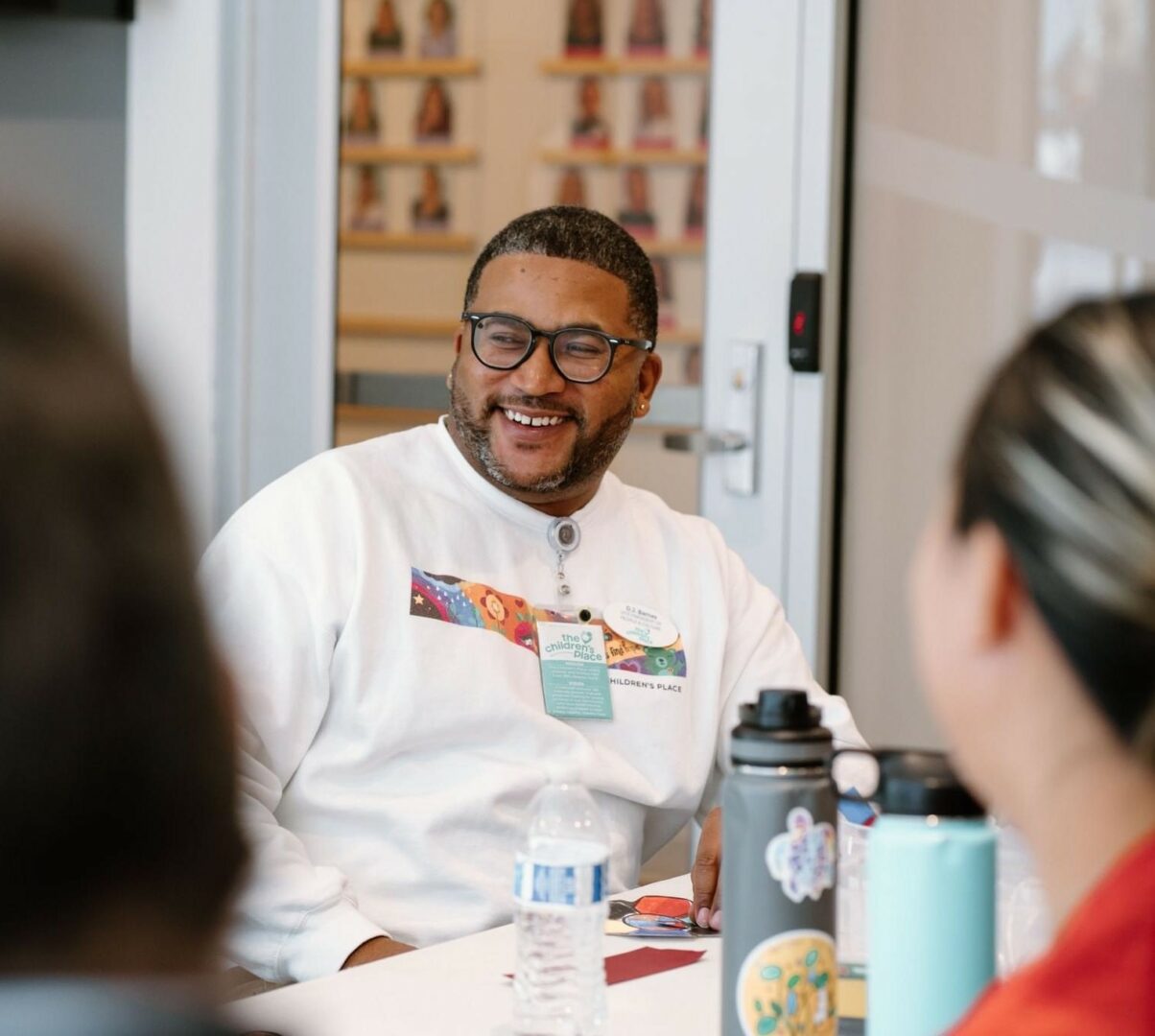We’re excited to introduce you to the always interesting and insightful Dj Barnes. We hope you’ll enjoy our conversation with DJ below.
Hi DJ , appreciate you sitting with us today to share your wisdom with our readers. So, let’s start with resilience – where do you get your resilience from?
I know there isn’t one place where I get my resiliency from. I am a black man who was raised in a village mostly made up of strong black women; this is no doubt where my foundation came from. Seeing the trials and tribulations that my mom, my aunts, and my grandmothers dealt with growing up instilled in me a grit that has helped me become the person I am today. What always stands out when I think about my village is the selflessness that was always demonstrated no matter how dire the moment was.
My story sadly won’t highlight many men that I was able to find examples in. In fact, for a very long time, the void within me because I didn’t have any men in my life that I could look up to, or get advice from also helped me become resilient. The men that I did have around me were examples of what I didn’t want to become, and I’ve never lost sight of that and this is the primary factor that shaped me to be a good husband and father. I also didn’t realize the effect not having a man that genuinely cared for me, or wanted to have a father-son relationship had on my mental health. For a long time, especially in my latter teenage days I vividly remember thinking that it was me, I was the reason no man wanted to be my dad.
Because of my upbringing, it caused me to grow up fast, but I was okay with that. I wanted to be counted on just like the women in my village. One memory that I always use as an example of maturing faster than my peers, is I remember being in 3rd grade, at home by myself because at the time I lived with my mom and aunt and they both worked nights. So here I am, a 9-year-old kid, at home watching the Super Bowl and preparing myself fried shrimp as my Superbowl snack, and to me this was normal.
Around my sophomore year of high school, my mom and I finally had some real stability. Before now I’d been to well over 10 schools between the St. Louis and Kansas City areas, this is what happens when a kid is raised by a village, but for me no matter where I was at, I was always surrounded by love. I truly believe this is around the time I started figuring out who I am and my best qualities started to peer through. In high school a couple things happened that helped me, first I made 4 lifelong friends, something that because of all of the moving I was never able to have, and second, my natural leadership qualities really started to take shape and I realized the influence that I could have. And because of the way I was raised, because I had examples of resiliency, grit and selflessness, I knew that I shouldn’t abuse these abilities.
At the age of 22 I entered corporate America, working in the private sector, my first salaried position and I was beyond ecstatic, however what I didn’t realize at the time that this would break me and allow myself to become even more resilient. Being so young and moving through life with blinders on, I didn’t recognize the environment I was in, I was the first and only black male ever hired by this organization. At 22 this made me proud, I thought I was breaking ground and paving a way for others that looked like me. At this time, I had not graduated college yet, I was close, but decided I’d take a break since I had a decent position. Also, around this time in the workplace I encountered the first example of deliberate racism from a co-worker. I remember it making me angry, but I also remember looking around and needing someone to tell, needing someone to protect me, but there was no one. It was in this moment I decided I would be the protector for others. So, I did some research, both within the degree program I was almost finish with, and within the organization I was with and on the organizational chart there was a “Director of Human Resources.” Role that no one had ever held, I knew it had to be me. I worked my tail off and was rewarded this Director role before the age of 30. I still hadn’t finished college yet, but this prompted me to finish and get my degree in Humanities, so I did. The best part about me waiting was my son, Maddox, who at the time was 8 got to see me walk across the stage, another payoff of being resilient. I remained in this Director role for 10 years, but I felt that I was still fighting all of these battles in silence with no support, especially from leadership and it took a serious toll on me and my mental health. As I mentioned previously I’ve always been a leader and it was very evident, but my leaders above me always seemed to want to keep me in a box. When those instances when I needed to advocate for someone, or protect them surfaced I still never felt supported, It was my strength and grit that gave me confidence, but it also gave me anxiety and depression because I knew what I was doing was right, but not getting support from people I’d worked with for 13+ years, people that I looked up to, helped me become a professional, really damaged my psyche because to me I had built myself up for this organization to fill a glaring gap. After almost 15 years here I was tired and broken, and I lost myself. It was at this time for the first time in my life I tried therapy and it was a godsend.
One of my favorite sayings that I wholeheartedly believe is, “The Universe is always on time.” And now, at this time in my life, and my career I know exactly who I am, I know my strengths and weaknesses, I know what I will stand for or won’t stand for, and because of the life I’ve lived thus far, the trials and tribulations I witnessed early, and then went through myself, has shaped me to become a genuine, loving, caring and resilient leader.
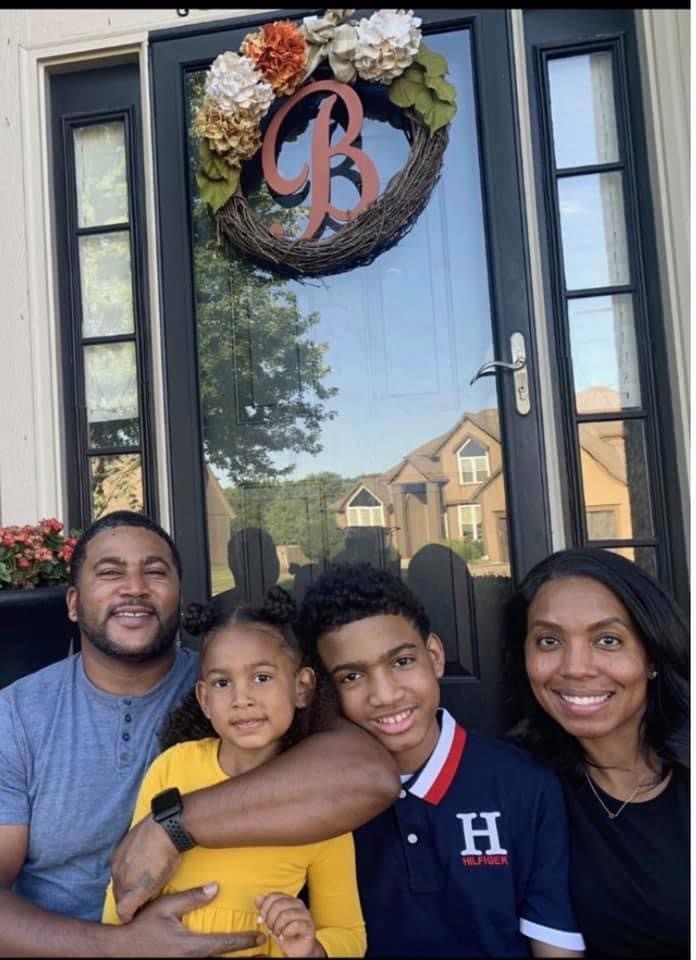
Let’s take a small detour – maybe you can share a bit about yourself before we dive back into some of the other questions we had for you?
My focus professionally is making sure the people in the workplace are being treated equitably, with decency, and the ability to show up as their authentic selves. And I make sure everyone in the room is seeing everyone in the room There is a seat at the table for everyone. Furthermore, I also work hard to hold leadership accountable for their decision-making. One of my best superpowers is I am an extremely inclusive person. I’ll die on the hills championing BIPOC people and women, but I also know by championing all people the tide rises for everyone.
My brand believes in two important principles in the workplace, one being trauma-informed, and two allyship. People are the most important part of any organization, for me this is non-negotiable. So to be trauma-informed simply means that we understand that life happens to us all, we all deal with trauma, sometimes it’s big emotions, and sometimes they’re small, but we cannot operate like it doesn’t exist, even in the workplace. And I champion allyship because it teaches that we all have privilege, and we can use that privilege to support underestimated communities, people, and groups that aren’t like us. Allyship is also about action, unlearning past destructive behaviors, and being curious about our fellow humans so we can support them.
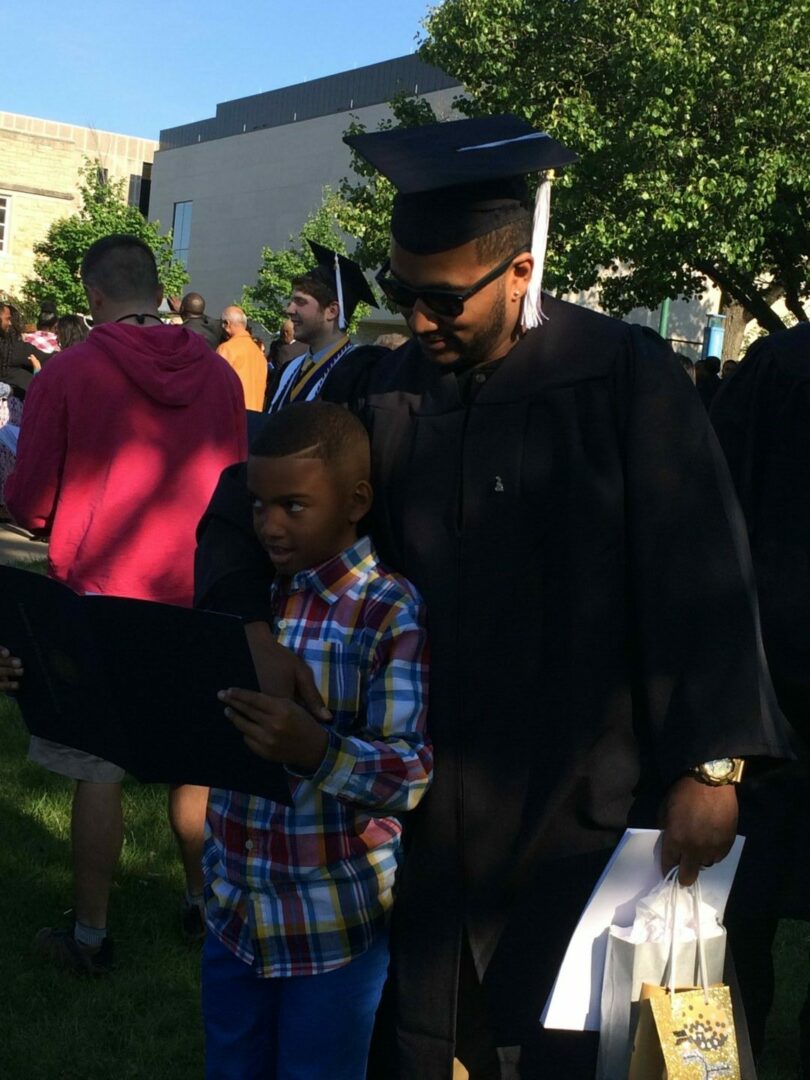
If you had to pick three qualities that are most important to develop, which three would you say matter most?
I’d say three important areas of knowledge that I’ve learned is:
one, don’t let someone’s title intimidate you. A title is just arbitrary words, anyone can be a leader, and no one knows everything, and the person who does knows nothing.
two, leave space in the room for others’ ideas to fester. some of us are introverts, some extroverts, some extremely talkative and charismatic, and others are quiet and shy, but this does not mean we all don’t have something to say or add. Be the person in the room creating space for others.
three, don’t worry about the win or loss, just get into the arena and do your best. A quote that I always look to when I am feeling apprehensive, scared, or like I may not be as smart as the next person is Theodore Roosevelt’s “Man in the Arena,” speech. It says to not worry about critics, but it is the man that’s in the arena that is simply trying that deserves the credit.
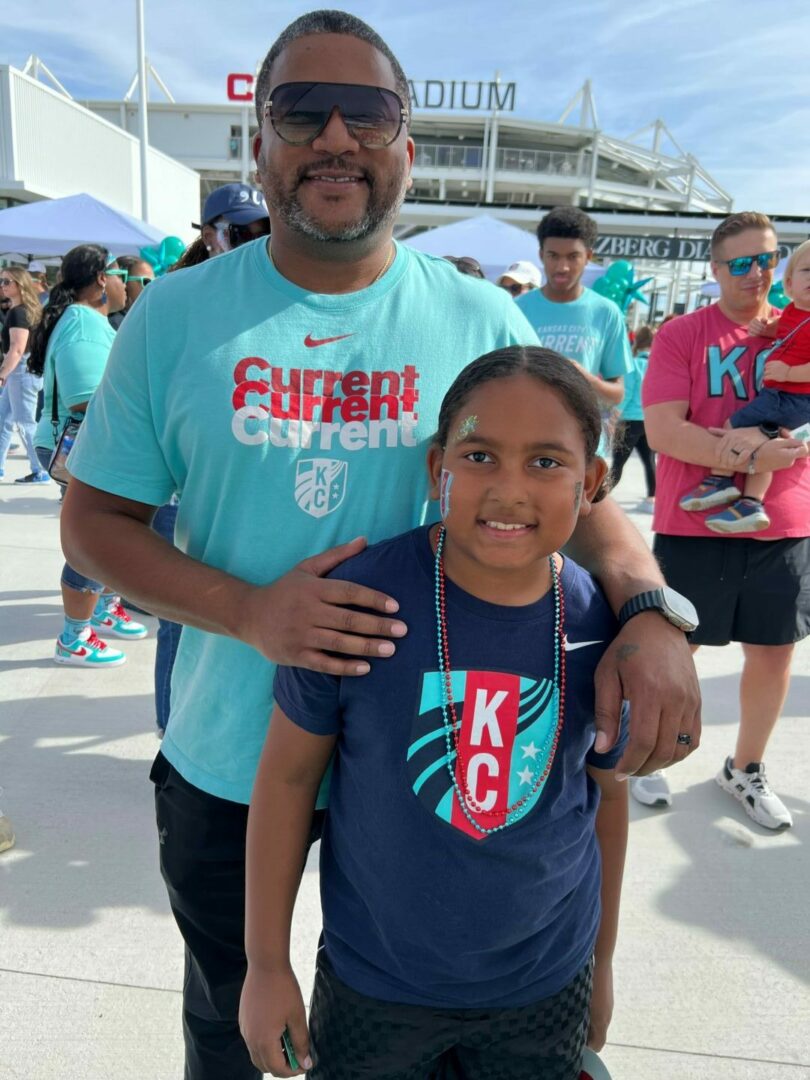
Who has been most helpful in helping you overcome challenges or build and develop the essential skills, qualities or knowledge you needed to be successful?
I have to say my wife, Kelley. We have been married for almost 20 years and I don’t know where I’d be without her unwavering support. She has been my strength, the positive example I needed, my biggest cheerleader, and my best friend for a very long time. When I have been at my lowest points she has always been the lighthouse that I look for to find my way, and she has always shone her brightest when I look around and only see darkness.
- Linkedin: https://www.linkedin.com/in/adbj
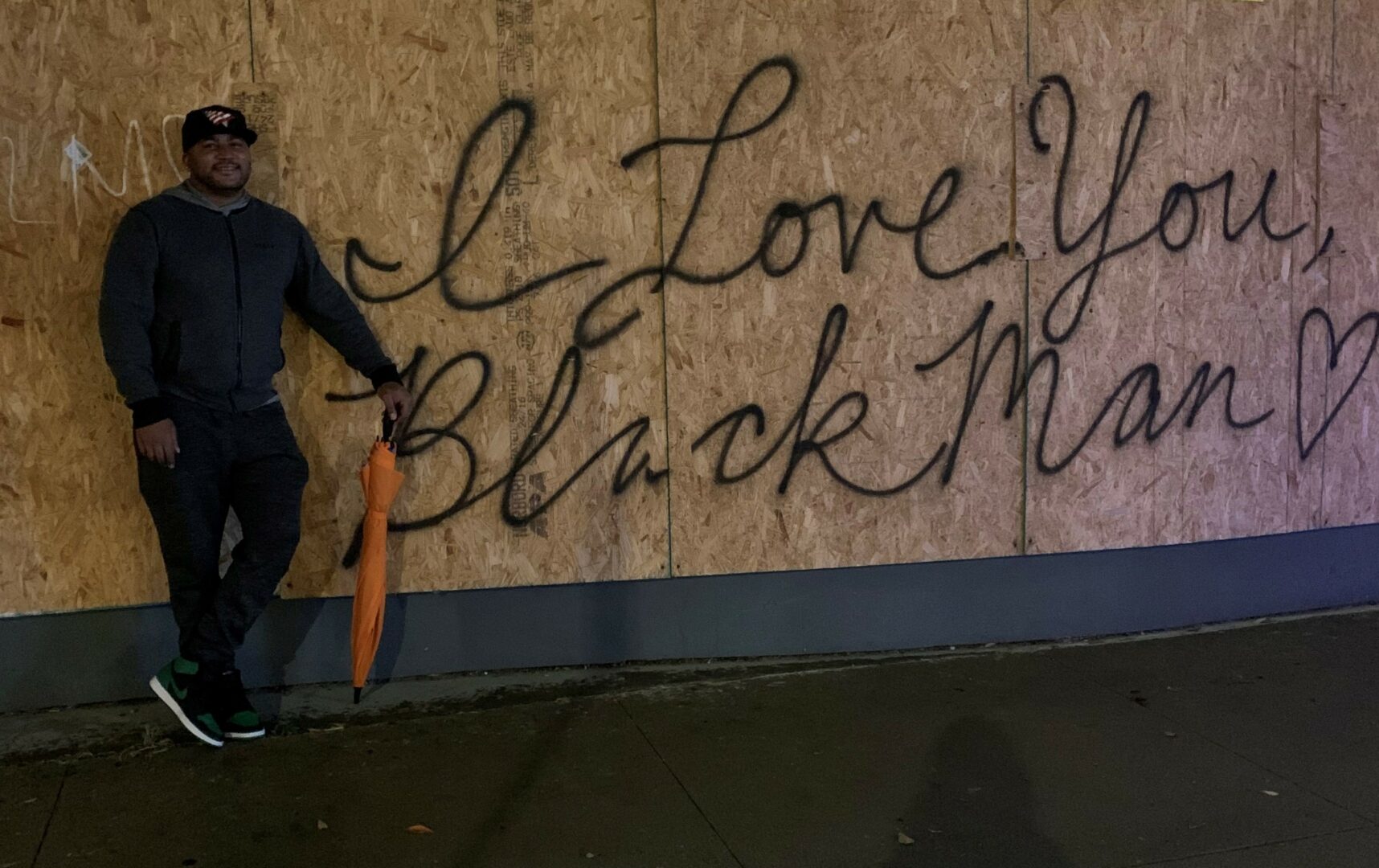
so if you or someone you know deserves recognition please let us know here.

